My expert Titanic talks cover the ship’s crew and passengers, the families left behind, and the wider social history of port communities. I give clear guidance on the records to trace Titanic ancestors, from crew lists and Merchant Navy files to Titanic Relief Fund records and census sources. These talks work well for family history societies and conference audiences, in person in Hampshire, Dorset and London, or on Zoom.
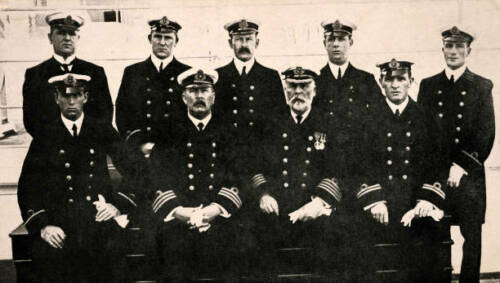
More crew died on RMS Titanic than the infamous third-class passengers – yet their stories are often overlooked. This talk explores the entire ship’s company: officers on the bridge, stewards serving passengers, musicians who played to the end, and the stokers and engineers who kept the ship alive in her final hours.
You’ll see how class shaped not just wages but survival, and how family historians can trace these lives today through crew lists, Merchant Navy records, census returns, Poor Law files, and the Titanic Relief Fund. It’s both a gripping human story and a practical guide to researching maritime ancestors.
This session is ideal if you have an interest in maritime ancestors. It combines gripping human stories with practical advice for tracing seafaring families, making it one of the most popular Titanic genealogy talks available today.
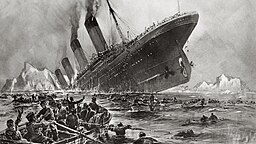
Step aboard the world’s most famous ship to discover the human stories behind the legend. This talk explores Titanic from her creation in Belfast to her final voyage, bringing together passengers and crew from every class and department. Using contemporary records, survivor accounts, and family histories, it reveals how people lived, worked, and faced the tragedy that changed maritime history. Perfect for anyone with an interest in the Titanic, social history, or tracing ancestors connected to the ship, this talk combines compelling storytelling with solid historical research.
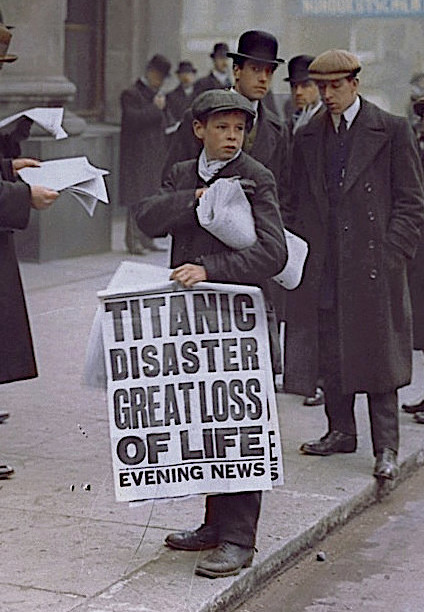
When RMS Titanic sank in April 1912, hundreds of women were widowed overnight and thousands of children lost their fathers. For crew families in Belfast, Liverpool, and especially Southampton – where 550 local men were lost – the disaster marked the start of years of hardship, resilience, and change.
This talk brings their hidden stories to light: how widows navigated charity support, social pressures, and remarriage, and how children grew up in overcrowded homes, struggled through disrupted schooling, or built new futures at sea, in service, or overseas. Drawing on the Titanic Relief Fund archives, the 1921 Census, the 1939 Register, and local newspapers, we’ll follow these families across the decades.
For family historians, it shows how to use Titanic genealogy to trace widowhood, childhood, and family survival in the records – and reveals how one night’s tragedy shaped generations to come.
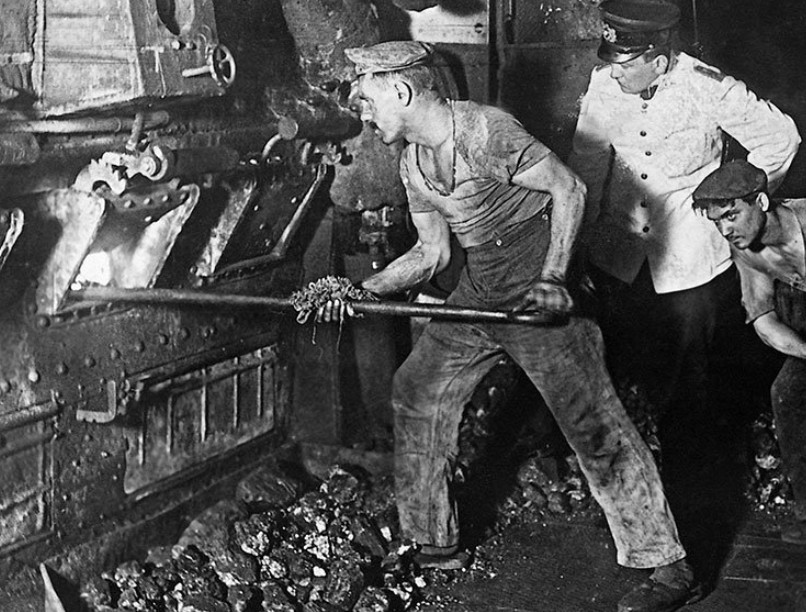
Step below decks to uncover the untold story of Titanic’s firemen, trimmers, and greasers—the men who worked in blistering heat to power the great liner across the Atlantic. This talk reveals their gruelling labour, the danger and stigma of life in the stokehold, and the courage many showed on the night she sank. Drawing on crew records, census returns, and the Titanic Relief Fund, it brings these forgotten men and their families back into focus, offering a vivid glimpse of the real working lives behind the legend.
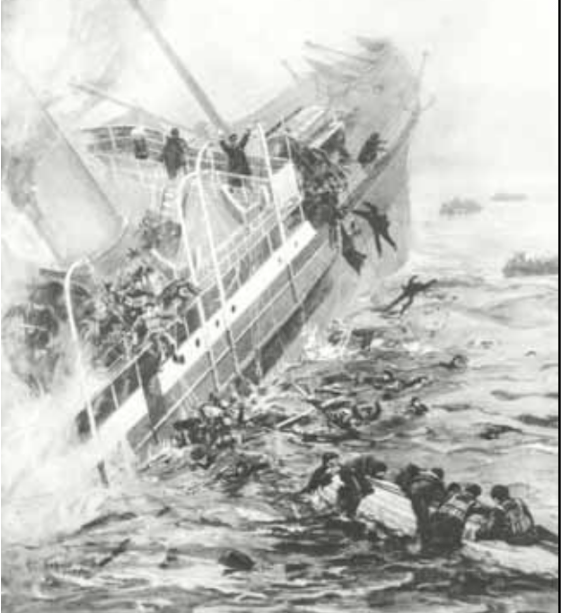
When the S.S. Stella sailed from Southampton in 1899 and struck rocks at high speed off the Channel Islands, up to 100 lives were lost in a tragedy that pre-empted Titanic’s disaster just 13 years later. Branded “the Titanic of the English Channel,” it has since been largely forgotten. Using family history research, this talk uncovers Stella’s drowned crew and bereaved families – and asks: had the lessons been learned, could Titanic have been prevented?
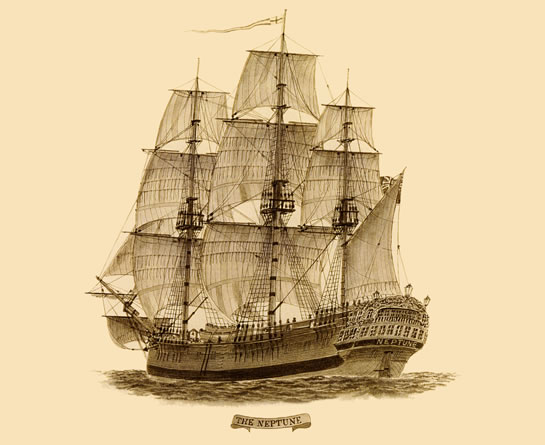
This convict research talk shows how to trace transported ancestors using trial papers, prison and hulk registers, convict ship transportation registers, indents, and Australian archives.
Between 1787 and 1868 more than 162,000 men, women and children were sentenced to transportation from Britain and Ireland to Australia. Millions of their descendants are alive today, yet the records are rich, scattered, and sometimes contradictory.
You will learn how to unlock these sources and follow a convict’s journey from courtroom and hulk to voyage, colony, and freedom; where to find trial papers, petitions, surgeon’s journals, musters, and conduct registers; and how to avoid common pitfalls such as aliases, missing voyages, and conflicting accounts.
Whether your ancestor was tried at the Old Bailey or at a rural English Quarter Sessions court, this family history talk gives you a clear, evidence-led plan to connect the dots and bring their story to life.
“Excellent…her talk generated considerable interest and debate, and was greatly enjoyed by all.”
If your society or conference is looking for engaging family history talks – online or in person – please get in touch to discuss your requirements.